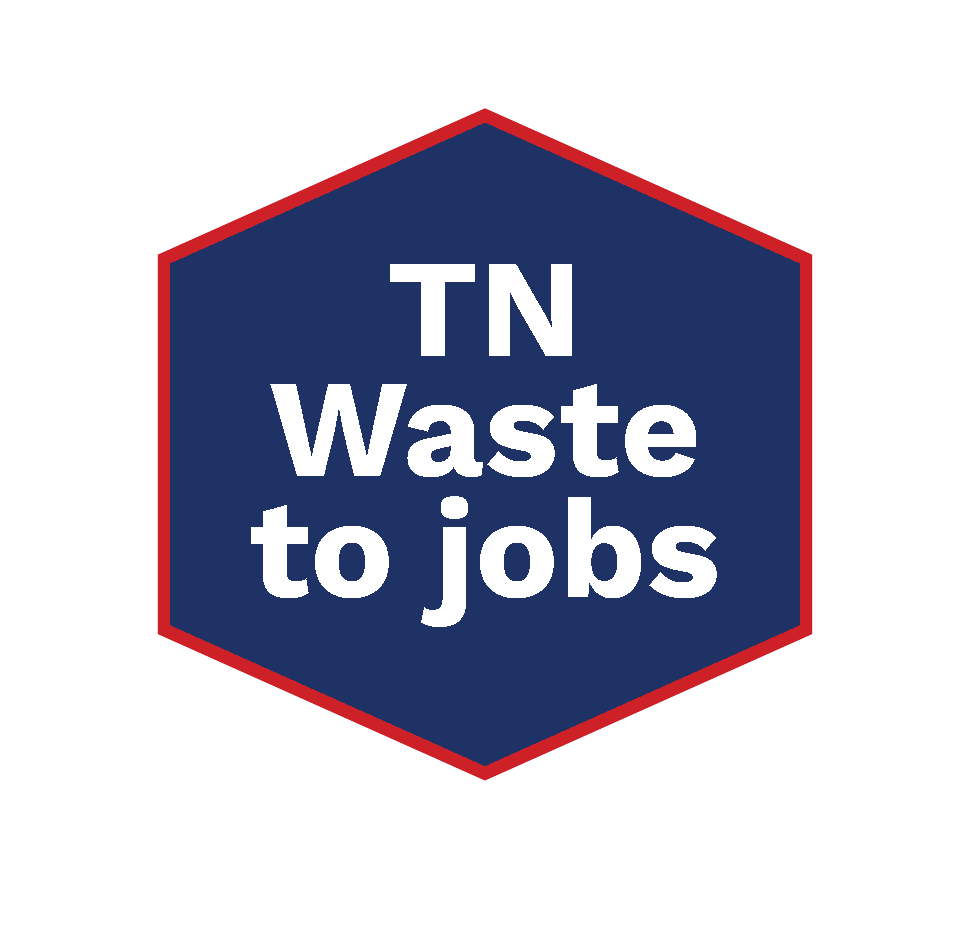
Frequently Asked Questions
-
EPR, Extended Producer Responsibility, is a policy that holds producers responsible for the entire lifecycle of the packaging they create.
-
A Producer Responsibility Organization (PRO) is a group that helps manufacturers comply with environmental laws by managing the collection, recycling, and disposal of their products and packaging after use. These organizations work on behalf of producers to fulfill legal obligations, such as paying fees, reporting data, and organizing waste management systems to meet recycling targets. PROs can serve a single company or multiple companies within an industry, playing a key role in implementing EPR policies.
-
Industry supports this legislatio,n including companies in Tennessee as well as companies outside of the state, because:
1) They need the materials
2) They are consistent with their sustainability goals and practices
3) They realize they are putting massive amounts of packaging into an economy that can’t support the waste that is generated, and want to pay into making the infrastructure better at collecting and sorting these materials to be used again.
Some examples of mega industry partners that support this legislation are: Mars, Unilever, Nestle, Danone, and IKEA.
-
Producers would pay fees based on the type and volume of packaging they introduce. This money would directly fund the recycling system, alleviating financial strain on municipalities and taxpayers. The collected funds are estimated to generate millions annually for recycling infrastructure and education. The goal is to fund services that will expand recycling access to all Tennessee residents, including those in rural or underserved areas who may currently lack convenient options.
-
The money for Extended Producer Responsibility, which funds recycling and infrastructure improvements, comes primarily from fees paid by producers (companies, brands, or manufacturers) of products and packaging.
Fees are often eco-modulated, meaning the cost is higher for packaging that is difficult to recycle or contains less sustainable material (like virgin plastic) and lower for materials that are easily recyclable or contain recycled content. This provides a financial incentive for producers to use more sustainable packaging designs.
-
Unlike the more prescriptive blue-state approaches, our legislation specifically establishes the Producer Responsibility Organization (PRO) and allows the producers, brands, and waste haulers to design and drive the plan—without burdensome state interference. It’s lean, flexible, and designed to promote harmonization at a time when differing state requirements are making compliance confusing and costly. TWTJ could serve as the go-to national template for pragmatic, pro-business EPR.
-
While we prioritize Tennesee, it's not limited to Tennessee.
Tennessee corporations: We already have Tennessee corporations that want these materials, which is why we have gained so much support for the bill.
Packaging Producers: The producers of the packaging also want these materials back.
Consumer: in the products that are made with recycled content.
-
Tennessee Department of Environment & Conservation (TDEC) will be the oversight mechanism for everything. It is the regulatory body that will make sure the policies enacted by the PRO benefit Tennesseans.
-
California, Oregon, Maine, Maryland, Minnesota, Colorado, & Washington
Tennessee will be the first “red state” to pass EPR legislation.
-
There are studies and international experience suggests that the EPR compliance fees for producers are minimal—sometimes a fraction of a cent per product—and are unlikely to be fully passed on to consumers, especially in highly competitive markets. Packaging costs are generally a small percentage of a product's retail price.
Research on existing EPR programs in other regions has generally found no consistent or significant link between EPR fees and retail price increases for consumers. Macroeconomic factors and supply and demand tend to be the primary drivers of price fluctuation.
-
The reason is that they are already required to meet sustainability goals worldwide, and as they have recycled-content goals and mandates, they must meet them. There’s not enough domestic supply, forcing them to rely on foreign sources.
As a result, major brands are scaling back their targets. As such, their market competitiveness and profitability depend on evening the playing field in the U.S. This is why 7 states have already passed EPR legislation, and producers, not the government, guide TWTJ implementation, ensuring it’s built for Tennessee.
-
There is a push within the major brand community to slow down the EPR adoption process, which makes a lot of sense given the challenges we’re facing with fees, harmonization, and logistics. But this is actually the BEST time to pass a bill that can serve as a model for effective EPR policy, as the details are being worked out with the states on deck.
Passing TWTJ will only create the PRO, and the implementation timeline will be at the PRO’s discretion. The Tennessee Waste to Jobs bill gives the Circular Action Alliance the chance to create the model for sound EPR in Tennessee, learning from the states who have passed before us.
The Recycling Partnership's
State of Recycling: Present and Future of Residential Recycling in the U.S.
This report is based on multi-year field measurement studies conducted across the U.S. and The Partnership’s National Database. It uses an updated methodology for determining recycling rates that tracks materials throughout the system.
Data from the report shows where the gaps are greatest, and where policy, investment, and action will have the largest impact.
(taken from their website)

